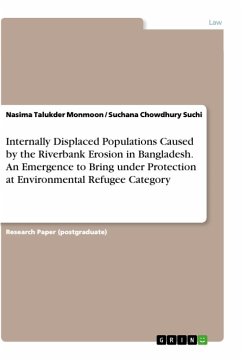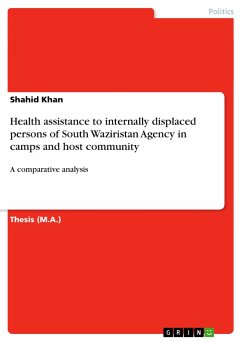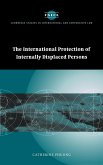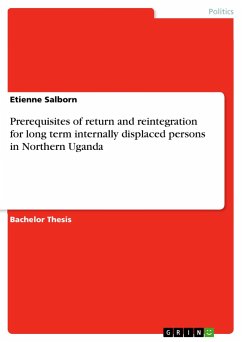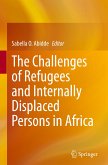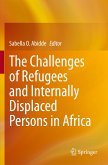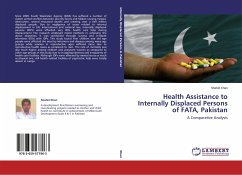Research Paper (postgraduate) from the year 2021 in the subject Law - Public Law / Constitutional Law / Basic Rights, grade: A*, , language: English, abstract: The study has aimed to bring a dynamic balance between the national and international policy to protect the displaced people. The study has engaged with normative research methodology mixed with descriptive and critical approach. The outcomes of the study identified those river erosion victims such as the Internally Displaced Populations (IDPs) necessities to treat as environmental migrant as well as to recognise as climate refugee. The study recommends that besides the damage restoration fund, the GHG emitting developed countries have to take the responsibility of climate-displaced population by providing them environmental refugee status. River erosion is one of the most common crises of Ganges delta from ancient era where Bangladesh has no effective policy or management strategy for the internally displaced populations although there is a successful legislation from eighteen century to protect the property rights of the victims of riverbank erosion. The concurrent terrible features of climate change on Bangladesh pointed to the increasing magnitude of cyclone, drought, erosion, flood, storm and around one-third of the entire land surface of the country would go under water for one metre of sea level rise and almost thirty million people would have in the risk of displacement. Such uncertain features of climate change have incorporated the river erosion displaced populations in the same category of migrants where the intense of the crisis and disaster management strategy has huge gaps.
Hinweis: Dieser Artikel kann nur an eine deutsche Lieferadresse ausgeliefert werden.
Hinweis: Dieser Artikel kann nur an eine deutsche Lieferadresse ausgeliefert werden.

